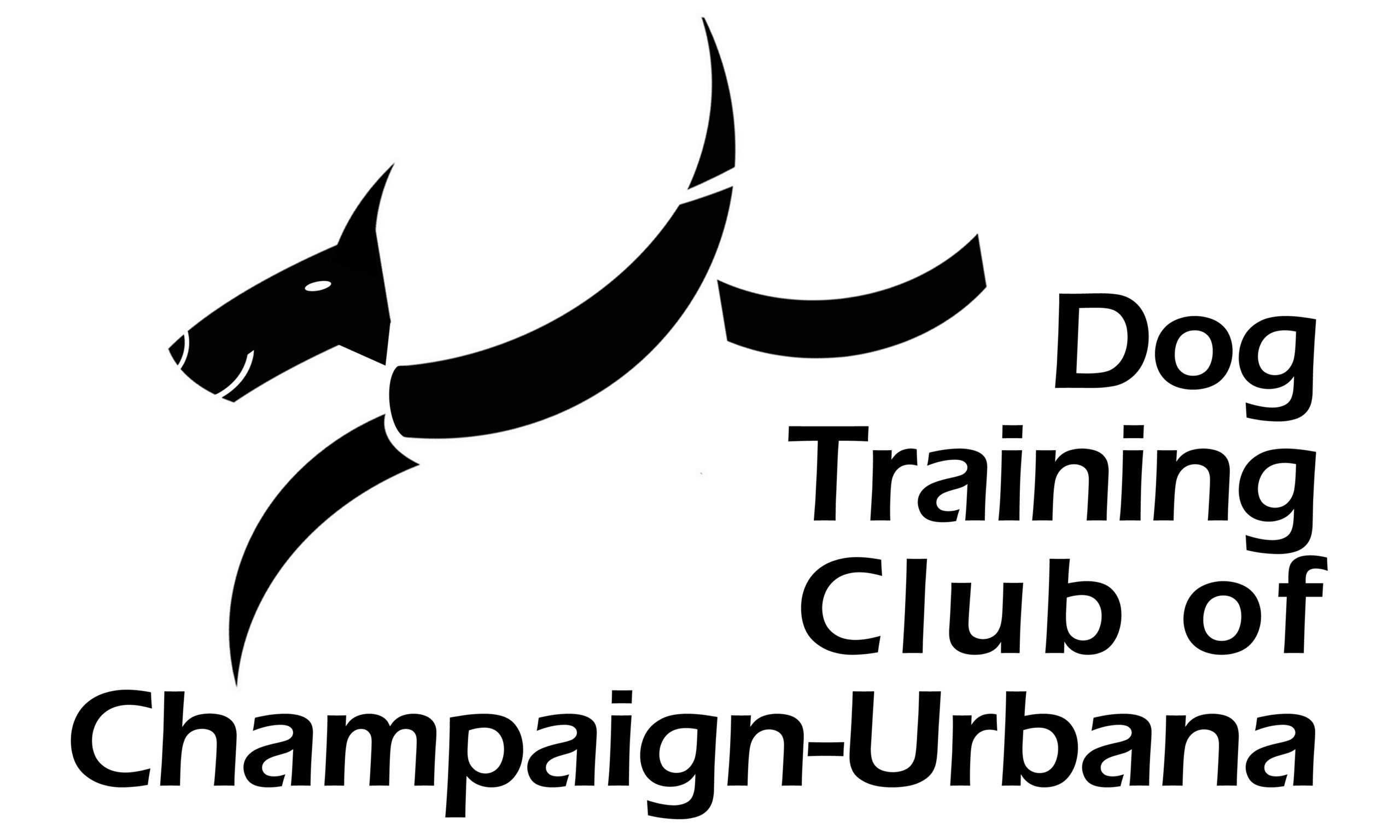Both policy statements were adopted by the Membership at the 2015 Annual Meeting, September 1, 2015.
DTCCU Policy Statement on Training Philosophy
As its name implies, the Dog Training Club of Champaign-Urbana (DTCCU) was formed to provide resources for dog training, to both club members and to members of the community who attend classes and events. The DTCCU embraces a wide variety of training styles and believes that the diversity of its membership skills and experience is one of the core strengths of the club. The goal for most trainers is to produce a dog that willingly and happily responds to training and direction, and the DTCCU believes that a balanced approach is the best way to achieve this goal.
The DTCCU encourages tolerance and respect between all handlers, regardless of what training philosophies they espouse, and expects that all trainers and students who enter the building shall comport themselves with courtesy and consideration for others. Students in classes have the right to refuse to use training methods with which they are uncomfortable, so long as they do it in a respectful way. In many instances, advanced classes may be taught, and advanced methods used, at the same time that when beginning and puppy classes are also scheduled. Students should feel free to inquire about methods that they see or have questions about.
DTCCU Policy Statement on Abuse
The Dog Training Club of Champaign‐Urbana prohibits abuse of dogs on club grounds at any time. We believe that there is no excuse or reason for such behavior and it will not be tolerated. Abusive actions, including but not limited to kicking, beating, striking, shaking, extreme collar/leash corrections, deliberate choking or cutting off the dog’s air supply, or any other action directed at a dog, may be investigated upon submission of a signed, written (or electronically submitted) complaint, to be reviewed according to the process approved by the Board and the membership.
*Note that this policy does not include actions taken in emergency situations, e.g., dogs attacking other dogs or humans.
